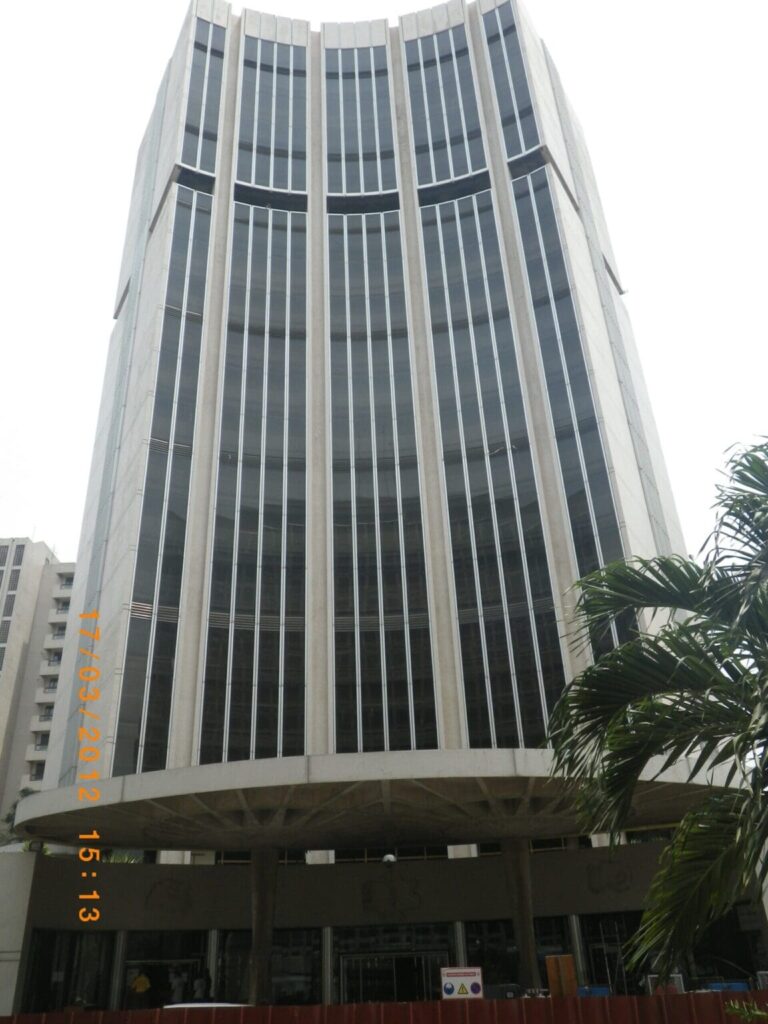The African Development Bank (AfDB) has approved a loan of €8.51 million to finance Senegal’s Energy Efficient Lighting Promotion Programme (PPLEEF), APA learned on Wednesday.
As a groundbreaking initiative, the PPLEEF aims to enhance energy efficiency in Senegal and marks the AfDB’s first investment entirely dedicated to demand-side energy efficiency.
The project is expected to benefit approximately 700,000 households and 80,000 small businesses across Dakar, Thiès, and Diourbel regions spanning western and central Senegal.
The programme focuses on replacing incandescent bulbs with modern LED lighting systems and this transition is projected to generate significant energy savings, reduce electricity costs and lower carbon emissions.
An innovative on-bill financing model will allow consumers to gradually repay the cost of the new bulbs through savings on their energy bills.
“The Senegal Energy Efficient Lighting Promotion Program represents a critical step in the country’s commitment to sustainable development and universal energy access. It will reduce peak-hour energy demand and consumption, and the on-bill financing model will later be applied to introduce more efficient appliances,” explained Jalel Chabchoub, AfDB’s Chief Energy Efficiency Officer.
“As the first phase of Senegal’s efficient lighting programme, the PPLEEF paves the way for a more sustainable energy future not just for Senegal, but for the entire continent,” he added.
The programme is also expected to delay the need for investments in new power plants by reducing energy consumption, particularly during peak demand periods.
“This project will have a positive impact on household and small business budgets by lowering their energy bills,” noted Mame Coumba Ndiaye, Director General of Senegal’s Agency for Energy Efficiency and Management (AEME).
Ndiaye explained that the programme will save over 189 GWh of electricity annually, easing pressure on the national grid and improving energy access for underserved populations.
It will be recalled that between 2019 and 2024, the AfDB has invested $6 billion in Africa’s energy sector, supporting innovative initiatives across the continent.
The PPLEEF aligns with this commitment and is also supported by the “Mission 300” initiative, a collaborative effort with the World Bank Group and other partners to close Africa’s energy access gap.
ODL/sf/ac/lb/gik/APA


